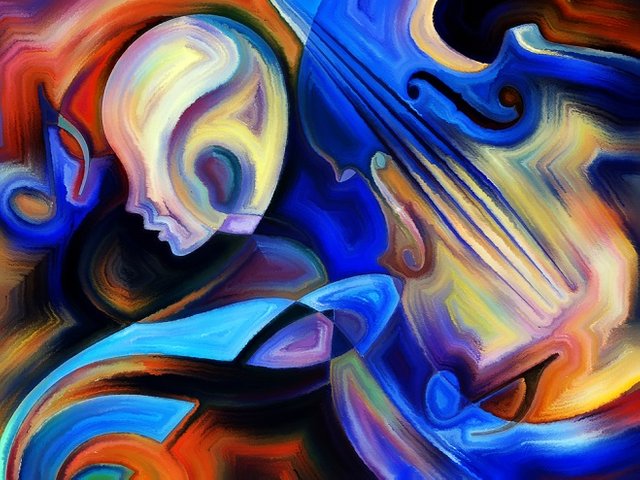Emotional and behavioral psychic processes: emotions and feelings, instincts, arbitrary movements and will. The problem of freedom of will and personality. /part 4/
For the healthy feeling of experiencing is emotions of a diverse nature. Emotional qualities of experience build up systemic interrelations with all levels of mental regulation - needs, cognitive processes, personality, situation. Emotions represent little or more clearly understood estimates of significant events, objects and objects of consciousness. Emotional phenomena have multiple regulatory effects on behavior. Emotions make us not only biologically adequate beings but enter into the infrastructure of the meaningful entities that make us spiritual beings and separate us from our biological nature. Following Darwin's reasoning, James states that much of human behavior is governed by instincts, similar to those that guide the behavior of other animals.
According to James, the instinct is an "impulse" to act in a certain way in response to a certain bodily sensation. It is believed that certain impulses arise automatically without even having to think about them. These automatic pulses consisting of simple reflexes are not so small in humans. Later, psychologists replace the notion of instinct with the more general term "drive." The impersonation resembles instinct in that it is a form of physiological excitation but differs from it in that it does not define a specific behavioral complex. There are primary and secondary urges. Primal instincts, like instincts, are seen as embedded in the nervous system from birth. The primary drive, however, differs from instinct in that learning, not its genetic program, determines how the individual responds to the urge. Hunger is a good example of a primary drive. There is no need to learn when and how to feel hungry. It automatically switches on in response to certain physiological events and turns off after another. Urge like hunger, however, does not specify what specific behavior is needed to be satisfied. It is assumed that the preconceptions of the pretensions are learned through the construction of conditional reflexes, and this is based on secondary impulses. There are few scientists working on the subject of instincts.
In his work, Freud offers a general theory of the psyche by dividing it into two parts: conscious and unconscious. Unconscious desires receive energy from the primary physiological instincts - the urge to achieve desires. Human thought is in part a conflict, partly a compromise between the systems of the conscious and the unconscious. Urge is an unconscious biological force, through which constant behavior is induced. A narrator is the body. Under the action of the drive, the state of excitement directs the body to an object by which the tension decreases and overcomes. Freud studies the urge ("instinctive instincts") and the expulsion they are subjected to by moral censorship. Urge is an instinct or quantity of energy directed in a certain direction. In contrast to the excitement of external stimuli, the indole originates from internal bodily sources, acts as a constant inner force, and one can not escape from it by escape from reality. The source, subject and purpose of the drive is distinguished, the source being an excitatory state in the body, and the goal - overcoming excitation and tension. In his psychoanalysis, Freud emphasizes the study of the unconscious. According to him, the main tool of man's psychic life and disorders is biological instincts and especially sexual instinct. He does not deny other biological needs - such as hunger, but believes they are not a source of neurosis.
